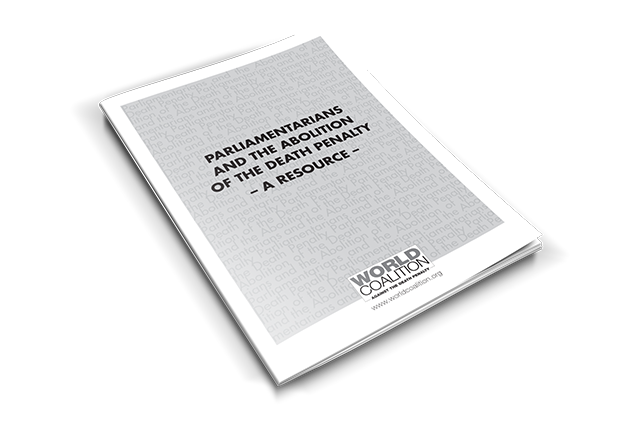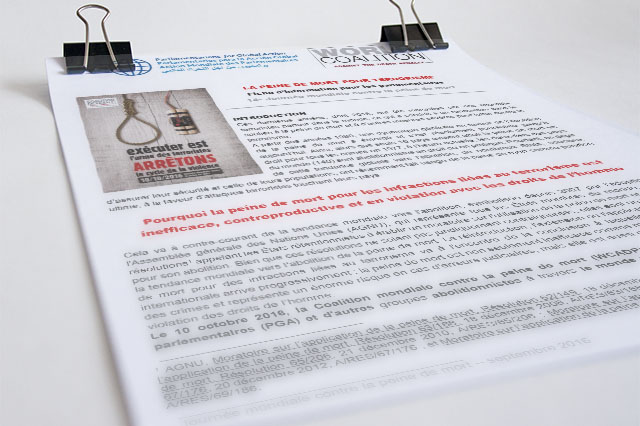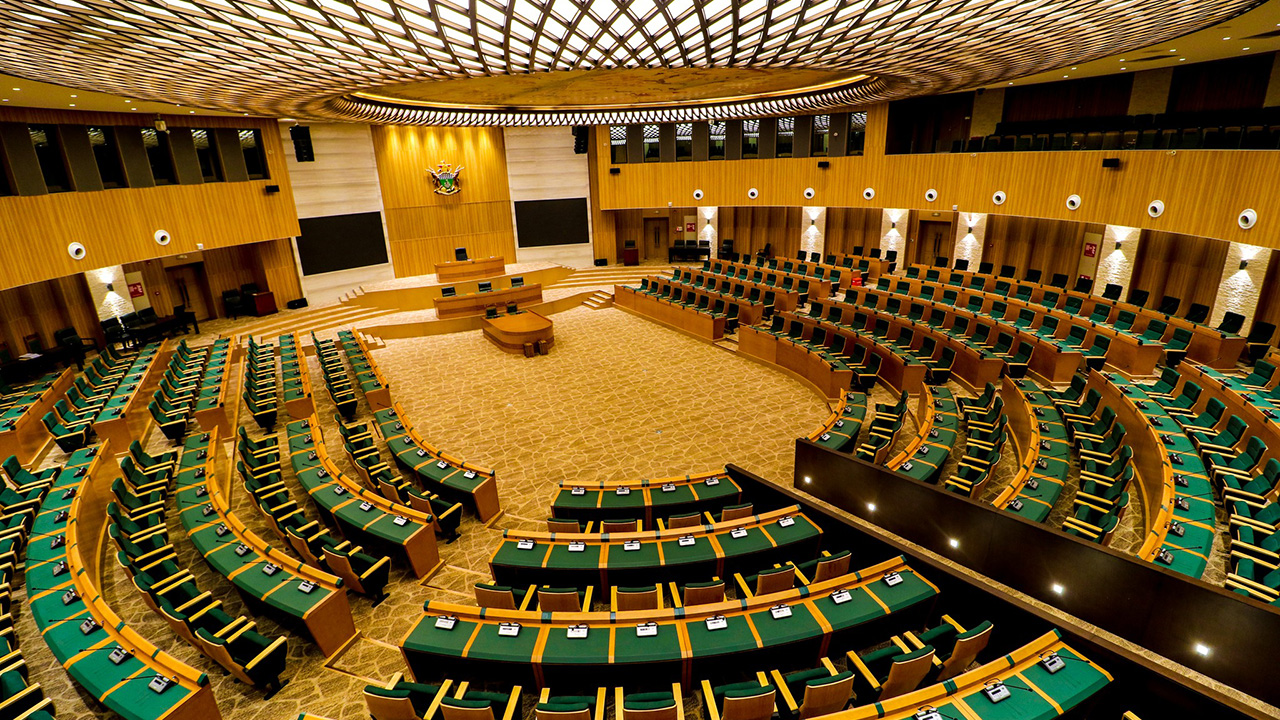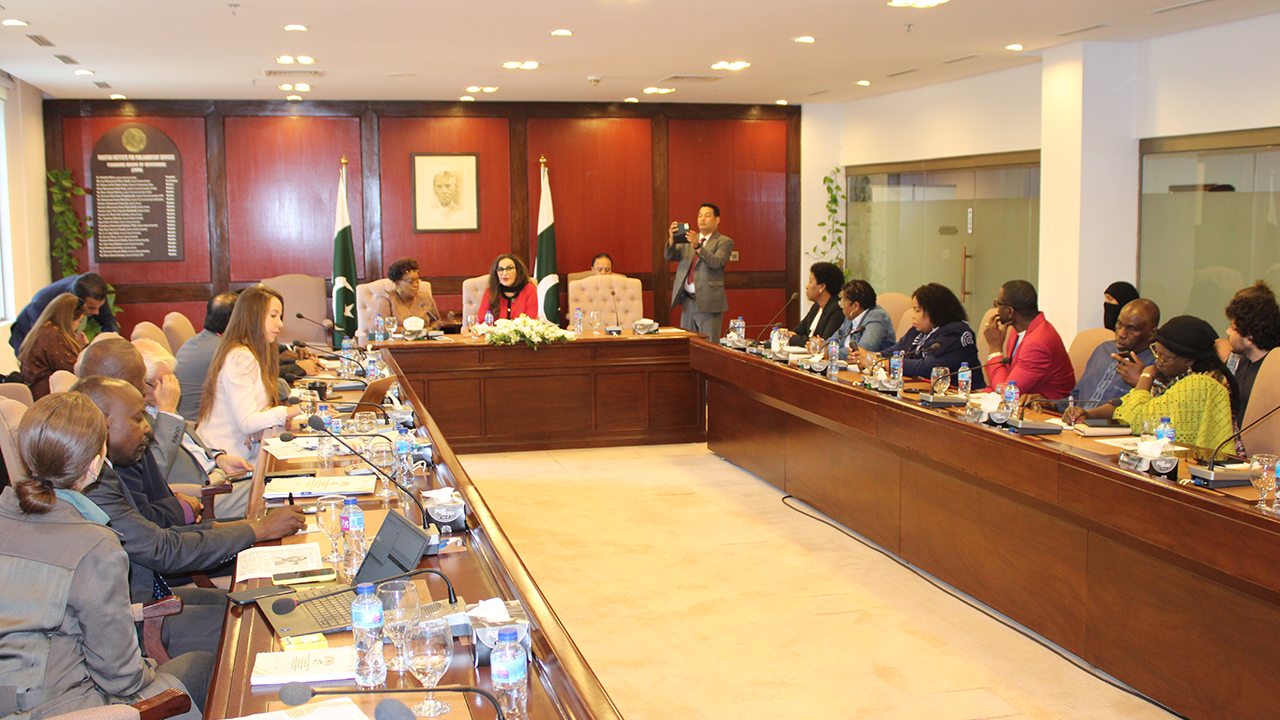On 25 July 2023, Ghana’s parliament reached an historic decision, as it voted in favor of two key bills removing the death penalty for ordinary crimes: the Criminal Offences (Amendment) Bill, 2022, and the Armed Forces (Amendment) Bill, 2022. As a result, capital punishment has now been replaced with life imprisonment, therefore bringing Ghana’s criminal justice system in alignment with international best practices.
Shortly after this pivotal decision, on 11 August 2023, President Nana Addo Dankwa Akufo-Addo assented both bills, ensuring the smooth implementation of the removal of the death penalty for ordinary crimes in Ghana.
Ghana had not carried out an execution since 1993. However, the country had been considered as abolitionist in practice since its domestic legislation still provided for the use of capital punishment for a series of crimes such as murder, genocide, treason, and smuggling of gold and diamonds. Furthermore, the Constitution of Ghana still provides for the use of capital punishment for high treason. According to Amnesty International, seven death sentences were recorded in 2022, and 172 people were known to be under sentence of death at the end of 2022.
While Ghana ratified the International Covenant on Civil and Political Rights (ICCPR) in 2000, it has yet to sign and ratify its Second Optional Protocol aiming at the abolition of the death penalty (ICCPR-OP2).
PGA activities on the abolition of the death penalty in the country:
4 March 2016: During PGA's Round-Table and consultations on the Abolition of the Death Penalty with Ghanaian, Tanzanian and Zimbabwean Parliamentarians, hosted by the Parliament of Ghana in Accra, MPs from all political parties and relevant actors were sensitized on the issue of the abolition of the death penalty. Some PGA members committed to establishing a working group within PGA’s National Group in Ghana to discuss, identify, and advance concrete strategies leading to abolition.








